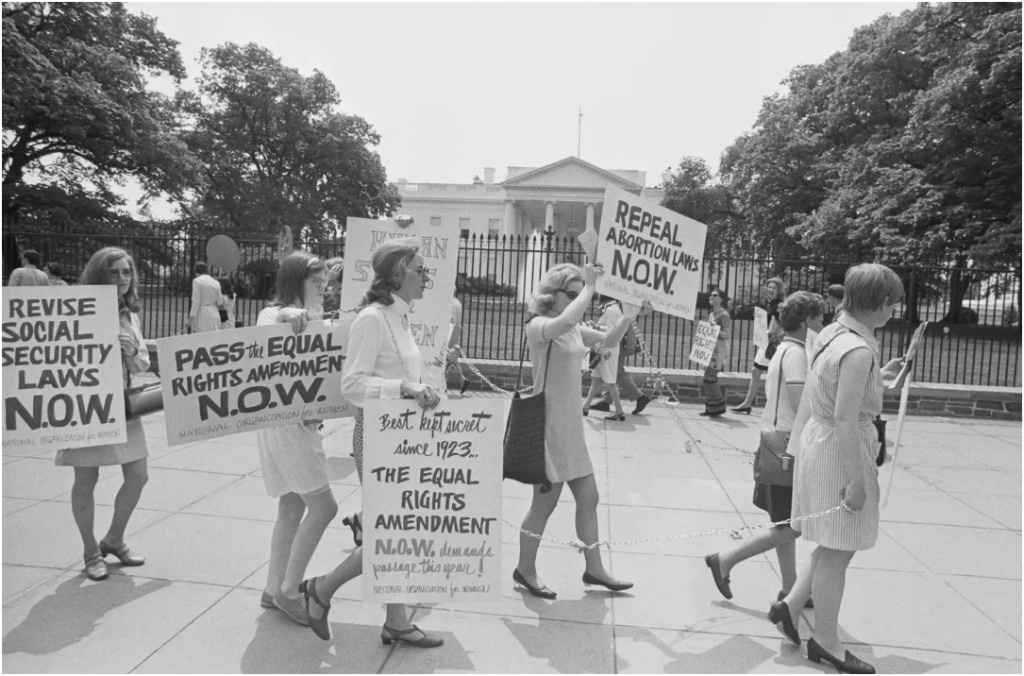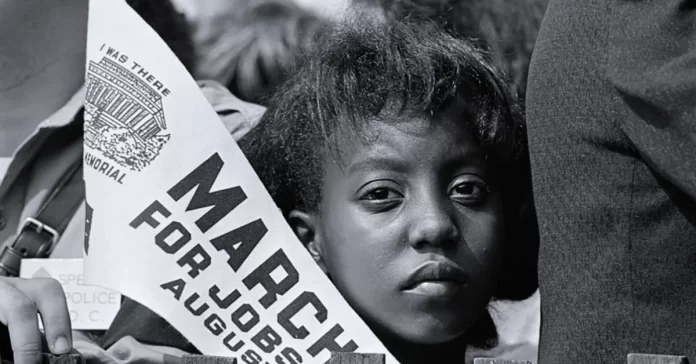The Civil Rights and Feminist Movements sparked a broader cultural shift that has led to a more inclusive and diverse society. These movements challenged the dominant narratives of the time, leading to a rethinking of American history and culture. Today, diversity and inclusion are celebrated, and there is a greater appreciation for the contributions of marginalized communities to American society.
The Civil Rights and Feminist Movements of the 1960s were crucial in the history of the United States, as they brought about significant social and political changes. These movements were driven by a need to challenge and change the existing social norms and policies that discriminated against people based on their race, gender, and ethnicity. The following essay will explore the need for the Civil Rights and Feminist Movements of the 1960s and their impact on American society.

The Civil Rights Movement of the 1960s was primarily concerned with the rights of African Americans, who had been subjected to decades of institutionalized discrimination and segregation. The movement was led by figures such as Martin Luther King Jr. and Rosa Parks, who used peaceful protests and civil disobedience to highlight the injustices faced by African Americans. The need for this movement was evident in the widespread discrimination that African Americans faced in all aspects of life, from access to education and employment to the right to vote.
One of the key achievements of the Civil Rights Movement was the passing of the Civil Rights Act of 1964, which prohibited discrimination based on race, color, religion, sex, or national origin. This legislation was crucial in ending segregation and institutionalized discrimination against African Americans and other minority groups. The Civil Rights Movement also led to the Voting Rights Act of 1965, which guaranteed the right to vote for all citizens, regardless of race.
Similarly, the Feminist Movement of the 1960s was also driven by a need to challenge and change the existing social norms and policies that discriminated against women. The movement was led by figures such as Betty Friedan and Gloria Steinem, who fought for women’s rights in areas such as education, employment, and reproductive rights. The need for this movement was evident in the widespread discrimination that women faced in all aspects of life, from limited access to education and employment opportunities to the lack of legal protection against gender-based violence.
The Feminist Movement of the 1960s led to significant changes in American society, including the passing of the Equal Pay Act of 1963, which mandated equal pay for equal work regardless of gender. The movement also led to the legalization of abortion in 1973 with the landmark Supreme Court decision in Roe v. Wade. These achievements were crucial in breaking down the social and legal barriers that had limited women’s rights and opportunities.

In conclusion, the Civil Rights and Feminist Movements of the 1960s were driven by a need to challenge and change the existing social norms and policies that discriminated against people based on their race and gender. These movements were crucial in bringing about significant social and political changes in American society and breaking down the barriers that had limited the rights and opportunities of African Americans and women. The achievements of these movements continue to inspire and guide future generations in the fight for social justice and equality.

